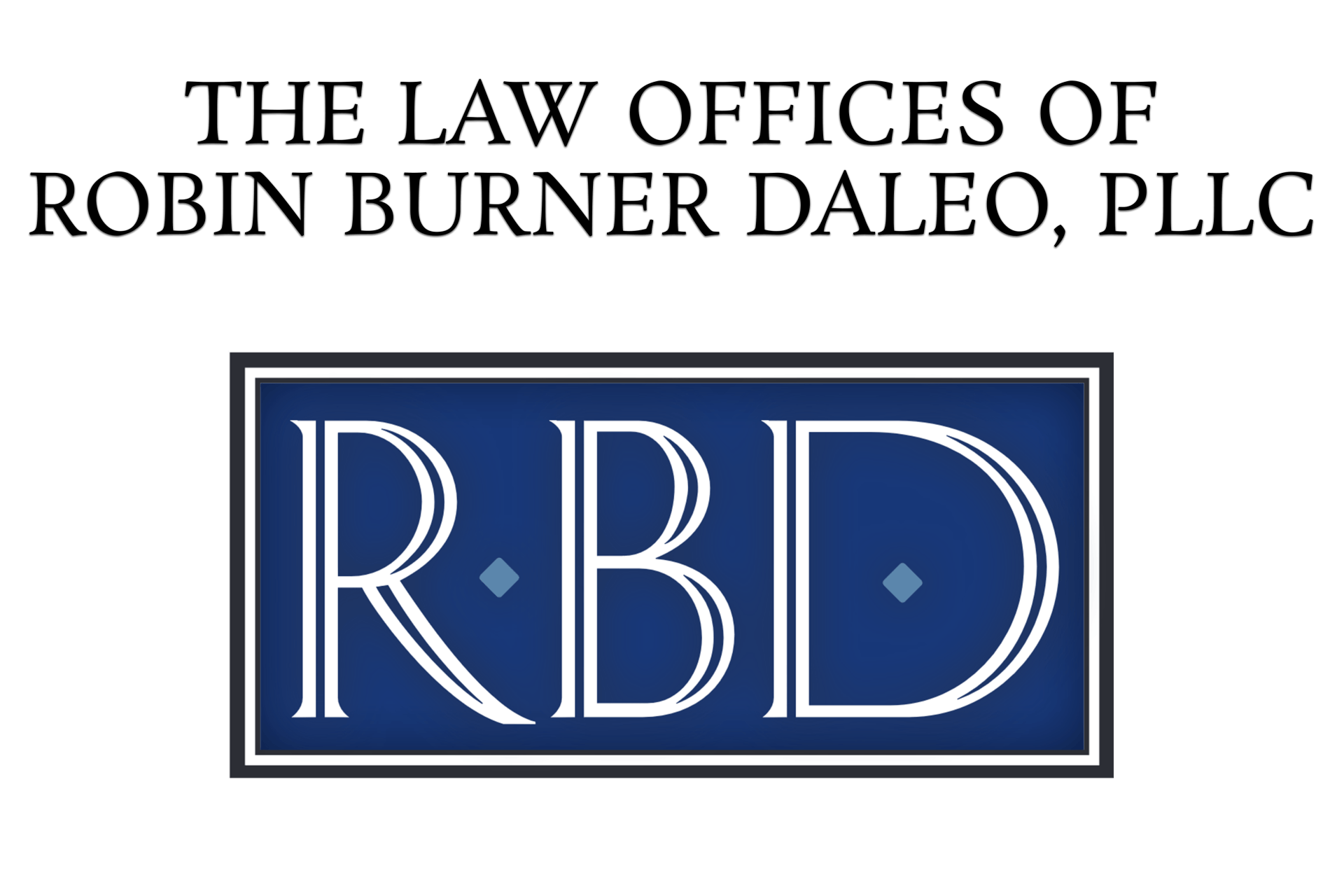WILLS AND TRUSTS
WILLS AND TRUSTS
Wills, trusts, advanced directives and other documents are critical to successful transition during challenging times. We will guide you through the decisions involved with drafting a Will and help you understand if a Trust is best for you. We can help you to decide who you should choose to make decisions for you if the time comes that you can no longer make your own. When your legal affairs are in order, you can enjoy the benefits of asset protection and preservation, tax planning and an orderly and clear administration of your estate.
Frequently Asked Wills and Trust Questions
The Law Office of Robin Burner Daleo, PLLC understands the personal and sensitive nature of Wills and Trusts and will be your guide.
We are committed to compassionate, personalized service and are readily available to discuss your needs and develop a customized estate plan.



